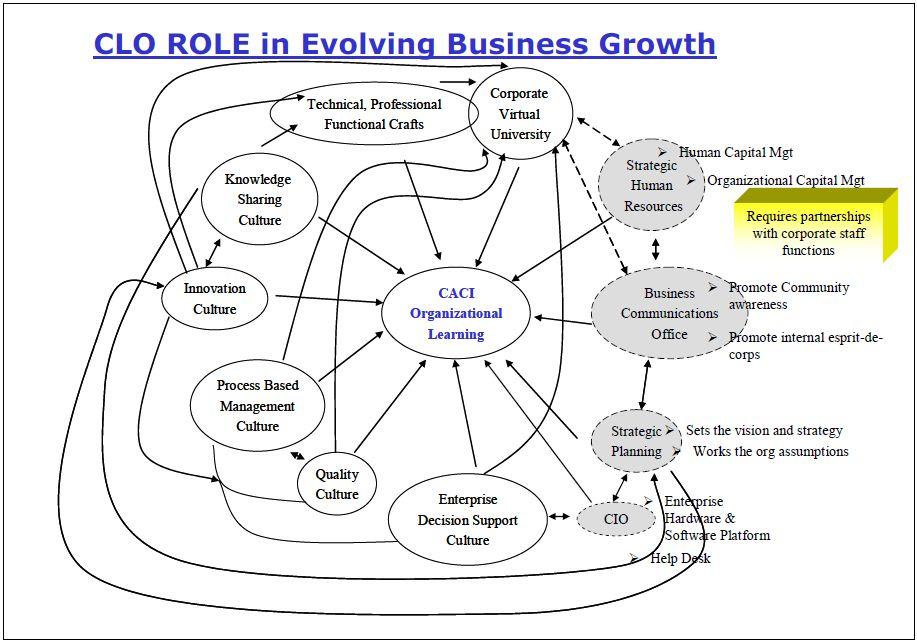What Is a Chief Learning Officer (CLO)? Role, Responsibilities & Strategic Impact
Introduction
As the digital transformation of education accelerates, the role of the Chief Learning Officer (CLO) is gaining prominence in universities, colleges, and schools across the globe. For job seekers passionate about education technology, understanding what a CLO brings to academic institutions can open valuable career opportunities.This comprehensive guide explores the multifaceted responsibilities of a CLO, the strategic impact they have on student outcomes and faculty progress, and practical tips to become a accomplished Chief Learning Officer in the education sector.
What Is a Chief Learning Officer (CLO)?
A Chief Learning Officer is a high-level executive responsible for overseeing and shaping the learning and development agenda within educational institutions. While the CLO role originated in corporate environments, its importance in academic settings has grown as universities and schools integrate technology-driven learning strategies. The CLO collaborates with academic leadership, IT departments, and faculty to build innovative learning ecosystems that enhance both teaching effectiveness and student engagement.
- Primary focus: Leading organizational learning initiatives
- Education technology: Overseeing EdTech adoption and integration
- Strategic alignment: Ensuring learning strategies support institutional goals
Key Responsibilities of a Chief Learning Officer in Education
The role of a CLO is diverse, combining pedagogical expertise with technology leadership. Here is a breakdown of their core duties:
1. Learning Strategy Development
- Designing and implementing forward-thinking learning models
- Aligning learning strategies with university or school mission
- Driving continuous improvement in curriculum and instructional design
2. Education Technology Leadership
- Evaluating, selecting, and integrating EdTech solutions
- Promoting blended, hybrid, and digital learning approaches
- Ensuring technology enhances accessibility and student success
3. Faculty and Staff Development
- Organizing professional development for educators in using technology
- Fostering a culture of lifelong learning among faculty and staff
- Offering training on best practices for instructional technology
4.Data-Driven Decision Making
- Utilizing learning analytics to measure student outcomes
- Analyzing instructional efficacy and recommending improvements
- Reporting results to academic leadership and stakeholders
5. Change Management & Interaction
- Leading change initiatives for technology adoption in education
- Communicating learning priorities to all campus stakeholders
- Managing resistance and ensuring smooth transitions
Strategic Impact of the CLO Role in Universities and Schools
The influence of the Chief Learning officer extends well beyond conventional learning management. Here are several strategic ways CLOs drive institutional success:
- Enhancing student achievement: By implementing data-driven and technology-enriched learning strategies, CLOs help improve retention, graduation rates, and overall student performance.
- Fostering innovation: CLOs spearhead the adoption of emerging EdTech trends, such as artificial intelligence, adaptive learning, and digital credentials.
- Empowering faculty: Thru ongoing professional development, CLOs ensure educators are well-equipped to harness the latest instructional tools.
- driving institutional reputation: Innovative learning experiences led by the CLO can definitely help universities and schools stand out in a competitive market.
- Supporting equity and inclusion: clos help design accessible learning environments tailored to diverse student populations.
Skills and Qualifications Required to become a CLO
For those seeking a career as a Chief Learning Officer in education, certain skills and qualifications can set you apart:
- Advanced degree: Master’s or doctorate in education, instructional design, or related field
- EdTech expertise: Hands-on experience with learning management systems (LMS), digital curriculum tools, and data analytics platforms
- Leadership abilities: Proven experience in leading cross-functional teams and change management
- Strategic vision: Ability to forecast industry trends, align technology initiatives, and drive transformation
- Strong communication: Skilled in engaging academic leaders, educators, and students at all levels
- Project management: Capability to plan, execute, and assess large-scale learning initiatives
Benefits of the Chief Learning Officer Role
Institutions and individuals both benefit from this dynamic career path:
Benefits for Institutions
- Accelerated technology adoption and innovation
- Enhanced student and faculty engagement
- Improved learning outcomes and institutional reputation
- Stronger alignment with educational best practices
Benefits for CLOs
- Chance to influence systemic educational change
- Exposure to emerging EdTech fields and leadership
- High-impact, visible role within academia
- Personal growth through continuous learning and skill-building
Practical Tips for Aspiring Chief Learning Officers
If you’re aiming to become a CLO in education technology, here are some actionable steps:
- Stay informed: Keep current with the latest EdTech trends, research, and tools.
- Build a broad skillset: Develop expertise in instructional design, data analytics, and project management.
- Network actively: Connect with leaders in education, attend relevant conferences, and join professional communities.
- Showcase leadership: Seek roles that allow you to lead learning initiatives, mentor others, and manage change.
- Pursue certifications: Consider additional credentials such as Certified Professional in Learning and Performance (CPLP) or specialized EdTech certifications.
- Collaborate: Work cross-departmentally to understand various educational functions in depth.
Conclusion
The Chief Learning Officer is a transformative leader at the nexus of education technology and academic excellence. By driving innovation, empowering educators, and creating engaging learning environments, CLOs make a meaningful strategic impact on universities, colleges, and schools.For forward-thinking professionals, this role offers the chance to shape the future of learning while advancing their own careers. Whether you’re just starting your journey or aiming for the next leadership opportunity in EdTech, understanding the CLO position is essential for making a difference in education’s digital age.

